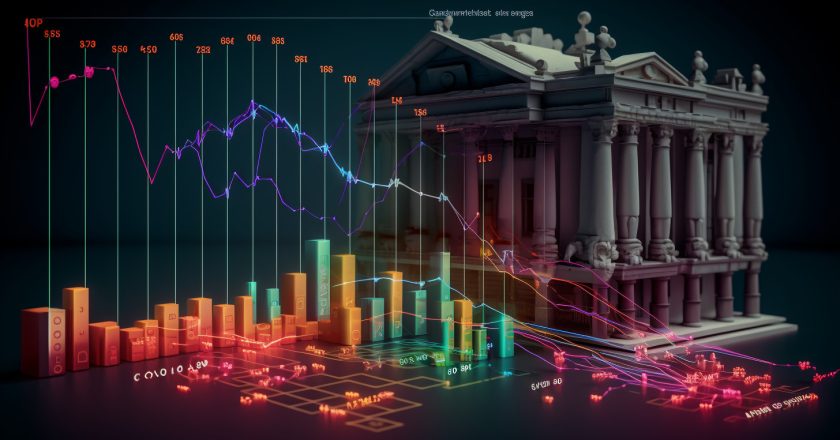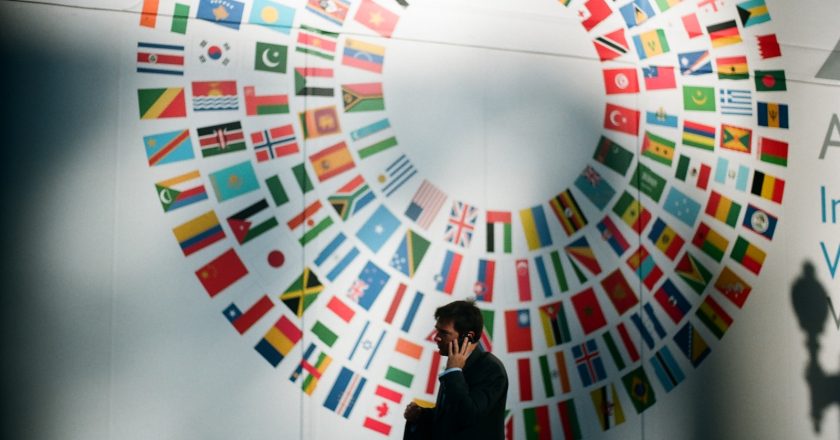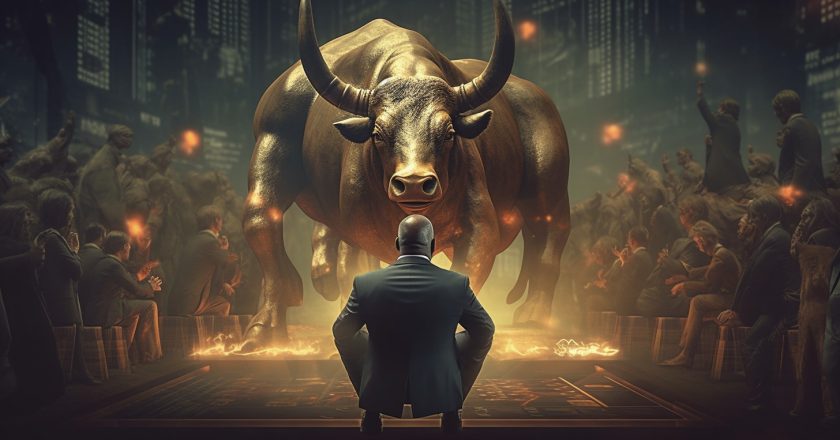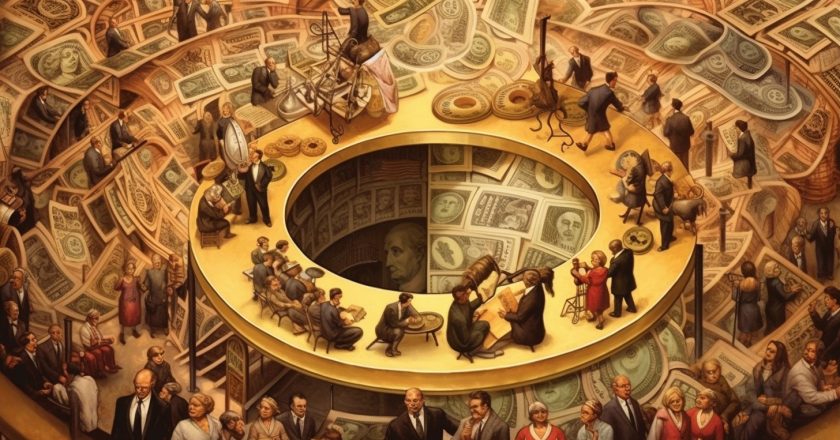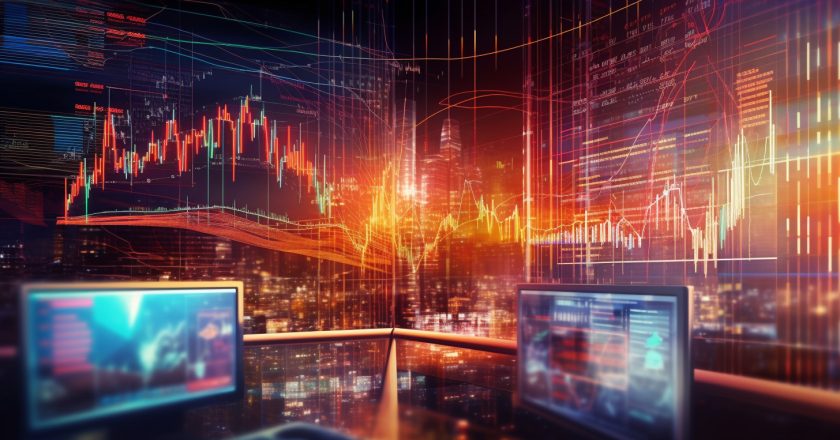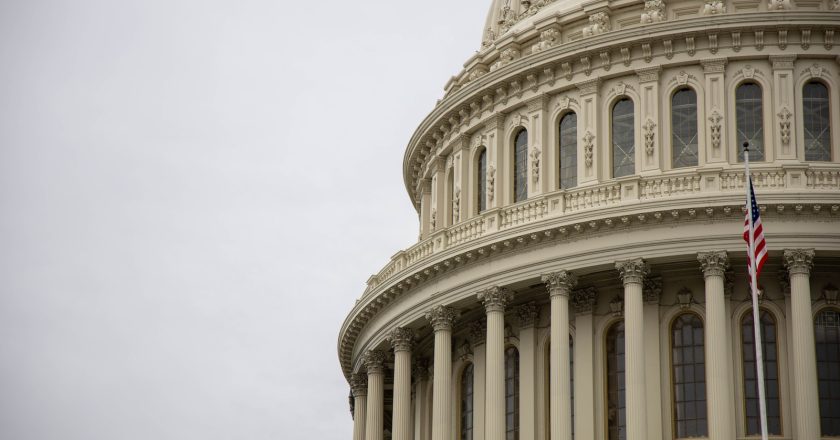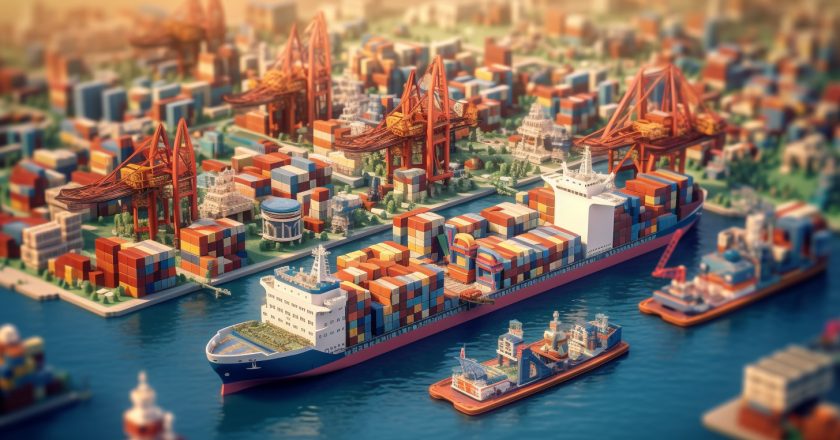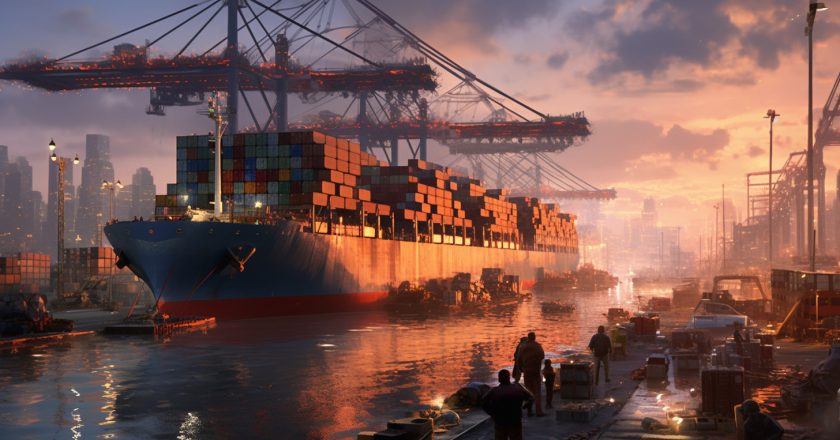The Role Of Government In A Capitalist Economy
Government intervention is necessary to regulate and protect consumers in a capitalist economy.
The role of government is to regulate industries and protect consumers while allowing for competition and innovation.
Too much regulation can hinder economic growth, but finding a balance requires consideration of market conditions, social needs, and environmental impacts.
Regulatory policies should promote competition and innovation while protecting consumers, and constant monitoring of market conditions is necessary for adapting policies over time.
Understanding the Basics of Capitalism
You're probably wondering, 'What exactly is capitalism?'
Well, it's an economic system where individuals and businesses own and operate the means of production for profit. This means that the government doesn...
